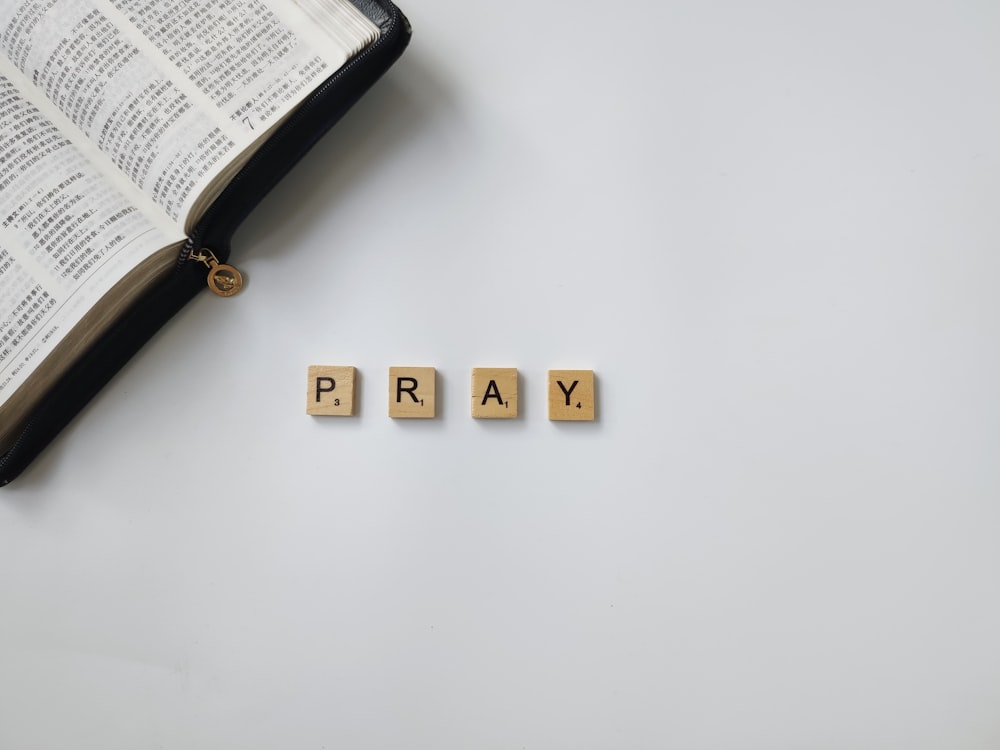Recently I gave a message on handling the expectations people place on us. We have all experienced the crushing weight of disappointing others, of letting them down. For example, it could be the expectation our parents put on us as children for grades or sports. Many of us have felt the disappointment of a spouse when we didn’t meet their expectations or from a child when we let them down. We have felt this at work where we have let down a boss or co-worker.
All of us can look back on our childhood and remember a moment when we disappointed a coach, teacher, or parent. And for many of us, that was a shaping moment in our lives.
This can be especially hard for leaders and pastors. We know the feeling that comes from getting an email from someone telling us they are leaving our church for this reason or that. It could be we are being unfairly compared to a past pastor, or someone shares a negative experience they had. Often when it comes to others’ expectations, it can feel like we can’t win.
But what do we do with those feelings now? Steve Cuss, who wrote a fantastic book called Managing Leadership Anxiety, said, “We need to discern what is ours to carry, what is God’s to carry, and what is theirs to carry.”
We all carry around the expectations from our lives and the disappointments we have experienced from others. But what should we carry? What is ours? What is theirs? What is God’s to carry?
As we think about the “should’s” others place on us, I want you to think about a specific example, a specific expectation someone has placed on you, or a situation where you have felt someone’s disappointment. And as you do, I want to encourage you to walk through these questions to see what is yours to carry, what is theirs to carry, and what is God’s to carry.
1. What is the expectation? While this might seem like an obvious question, we often skip over it. What is the actual expectation? Often in relationships, we misunderstand each other or miss meeting each other’s needs because we don’t know what the other person wants. As we saw on Sunday, Jesus went to the other town in Mark 1 after clarifying what the people and his disciples wanted.
2. Does God want you to meet it? Or can someone else (or God) meet it? Remember, in Mark 1, Jesus started with prayer. In prayer, that time with God, we begin to clarify what we are to do. As you have clarified the expectation, ask what God wants in this situation. It might not be the right time for you.
3. Do you want to meet it? Throughout the gospels, Jesus knew what the people wanted. He knew what God wanted for him. He also knew when he didn’t want to meet their expectations and when He did want to meet their expectations. Why? He had other goals. It doesn’t make the people’s expectations wrong, just wrong for Jesus then. Some expectations that people have for us are not things we need to meet or want to meet, so knowing who God has created us and called us to be is essential.
4. Can you meet it? This is the season and time question. Throughout Jesus’ ministry sometimes he left villages, and other times he stayed. He stopped at seemingly odd times to talk with people and heal them. Timing matters when it comes to expectations. You and I might do things today because of time available that we couldn’t do five years ago. An empty nester might have more flexibility than a mom with young kids. Sometimes people place expectations on us because they think we should handle it. However, we know what we can or can’t do, and it is crucial for us to be honest about that.
5. If you meet it, will you keep them from meeting it? This is a hard one, especially if we love the other person. But, sometimes meeting an expectation that someone has for us keeps them from meeting it themselves; keeps God from meeting it, or maybe someone else. Everything isn’t yours to do. Sometimes our help can hinder the growth of someone else. And sometimes, if we step in, it might keep someone else from stepping in.
6. Should God carry this? The things we know God should carry that we can’t are in the areas of change. Often in relationships, we will try to change people or meet some need to change them. That isn’t our job. That is God’s job. Some needs only God can meet. Although people may place the burden on us, sometimes it is for God to meet the need.










